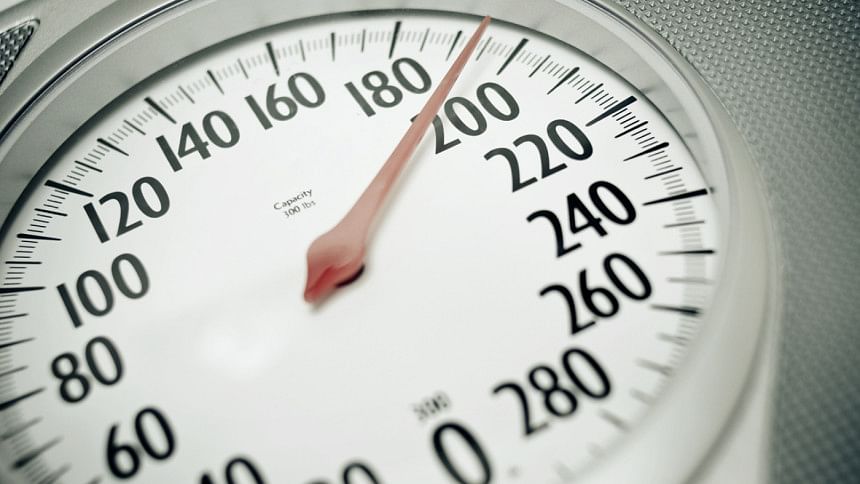Obesity multiplies risk of cancer disease, especially in women

New European research has found that being overweight or obese exponentially increases the chance of suffering from heart disease or cancer, with the risk even greater for women than men.
The findings come from the Spanish Risk Function of Coronary and Other Events (FRESCO) study led by researchers from the Hospital del Mar Medical Research Institute (IMIM) and doctors from Hospital del Mar, who analyzed 54,446 people over a 10-year period.
Participants were men and women aged 35 to 79, with 46.5% of participants classed as overweight and 27.8% classed as obese.
Only 26 percent of the participants were considered to be a normal weight, with a body mass index (BMI) below 25.
The team found that being obese posed the greatest health risks for women, who were five times more likely to suffer a cardiovascular disease, and 12 times more likely to develop cancer than women who were a normal weight.
Women who were classed as overweight but not obese still had twice the risk of heart disease and four times the risk of cancer than those who were normal weight.
Although obesity was found to double a man's likelihood of developing some type of cancer, unlike women it did not appear to have a significant influence on cardiovascular diseases.
Dr Maria Grau, one of the authors of the study, commented on the findings, saying it has become clear that "any increment in body mass above recommended levels supposes a
proportional increase in the risk of adverse health events," with the team describing the results of the study as "concerning."
"It is necessary to find strategies for promoting a healthy diet, doing physical activity, screening for diseases, and establishing prevention policies that affect the entire population in order to decrease the prevalence of obesity," commented Dr. Jaume Marrugat, principal investigator of the study. "The improvements in cardiovascular risk factors achieved over the last 20 years are dramatically neutralized by the obesity epidemic."
The researchers added that even small weight reductions can bring huge health benefits. In a country where the average life expectancy is 80 for example, overweight people who lose 5 kilos in their 40s and do not put the weight back on can reduce their risk of cardiovascular disease by 20 percent. Women would also benefit from a 20 percent reduction in the risk of cancer.
The World Health Organization estimates that obesity affects more than 650 million people across the globe, a number which has tripled since 1975.
As well as cardiovascular disease and cancer obesity is also linked to a variety of other health conditions including diabetes and musculoskeletal disorders.
The findings can be found published online in the journal Preventive Medicine.

 For all latest news, follow The Daily Star's Google News channel.
For all latest news, follow The Daily Star's Google News channel. 








Comments